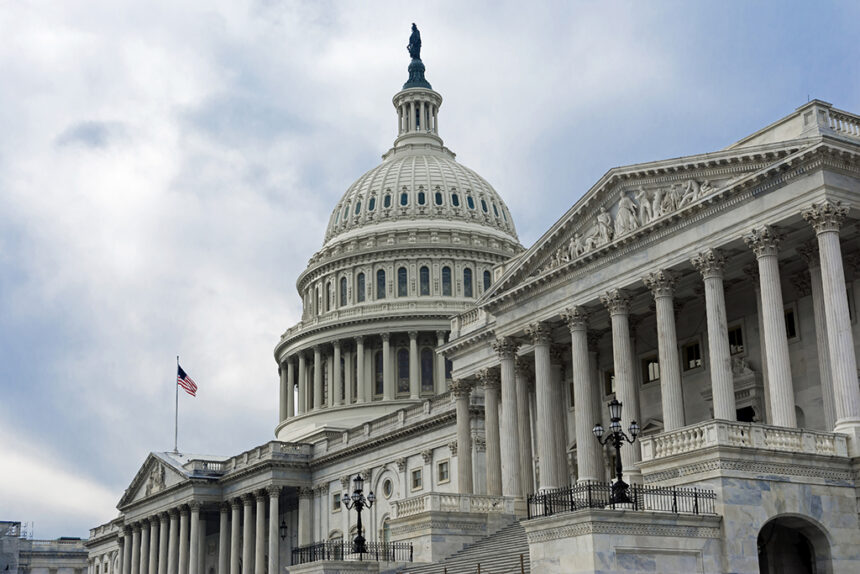With Congress evenly divided and an election year imminent, it’s unlikely that any major healthcare legislation will be passed anytime soon. Even a simple reauthorization of the global HIV/AIDS initiative, PEPFAR, has stalled.
But Congress has taken one step toward addressing an issue that politicians on both sides of the aisle can get behind: fighting the opioid epidemic.
Last week, the House passed the Support for Patients and Communities Reauthorization (SUPPORT) Act by a vote of 386 to 37. The bipartisan package provides training and education resources designed to limit the impact of fentanyl in rural areas. It also reauthorizes support for individuals being treated for substance use disorder.
The bill permanently places xylazine in Schedule 3 of the Controlled Substances Act. Xylazine, an animal tranquilizer commonly known as “tranq,” is not controlled in the U.S. and is often mixed with heroin and fentanyl. Dealers have used xylazine to cut fentanyl to produce “tranq dope,” which has exacerbated the risk of overdoses.
The SUPPORT Act also reauthorizes funding for substance use disorder treatment for pregnant and postpartum women and attempts to ensure that people on Medicaid have access to medication assisted treatment (MAT), which includes drugs such as buprenorphine, methadone and naltrexone.
The House’s passage of the bill comes as more than 200,000 people in the U.S. have died from drug overdoses in the last two years. Many of those deaths have been linked to fentanyl.
The opioid epidemic, which has been raging for decades, has recently evolved into a much more complicated beast due to the emergence of fentanyl, xylazine and other synthetic opioids. These emerging drugs are more resistant to buprenorphine, naloxone addiction and other medications, making addiction harder to treat.
House Energy and Commerce Committee Chair Cathy McMorris Rodgers said in a statement that “by reauthorizing the programs that were proving successful before COVID and increasing access to treatment, we can help restore hope and healing to those who need it most…This bill is about offering hope to those in despair — those battling substance use disorder, their families and loved ones, and the healthcare workers and law enforcement officers who need continued support to help save lives.”
Subcommittee on Health Chair Brett Guthrie added in a statement that the bill builds upon the SUPPORT Act that was originally passed with bipartisan support in 2018.
“We saw a pivotal opportunity to build off the work Congress did in 2018 by stopping the flow of illicit opioids, providing greater access to treatment services for vulnerable populations, and greater access to newly approved over-the-counter overdose reversal medications,” Guthrie said. “I am confident that this bill can help save lives by preventing overdoses and providing access to immediate and long-term care recovery services.”
In a letter written to House lawmakers, the American Hospital Association expressed support for the bill, highlighting the provisions that would extend Medicaid coverage for MAT. That includes a provision that would permanently extend the ability of state Medicaid programs to get federal payments for MAT in certain institutions for mental diseases.
“For our members, this flexibility allows them to ensure patients receive the specific care they need,” the letter stated. “Both provisions take important steps forward in increasing access to SUD treatment services and reducing the stigma associated with seeking out the help that is needed.”







